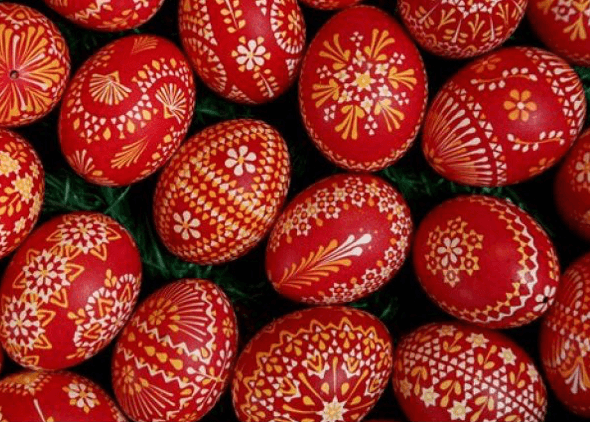Greek Easter: A Celebration of Faith, Family, and Fiery Traditions

Greek Easter, or Pascha (Πάσχα), is the most significant and spiritual holiday in the Greek Orthodox Church. While Christmas holds importance, Easter in Greece is deeply rooted in centuries-old customs, sacred rituals, and vibrant celebrations that unite communities all over the country. Unlike Western Easter, Greek Easter often falls on a different date due to differences in the Orthodox and Gregorian calendars, and the experience is something truly unique and unforgettable.
A Week of Holiness: Megali Evdomada (Holy Week)
The Easter spirit begins with Holy Week, starting from Palm Sunday and leading up to Easter Sunday. Each day holds a special religious meaning, marked by church services and fasting from meat and dairy. Many Greeks follow this fasting tradition as a way to cleanse the body and soul before the resurrection of Christ.
Holy Thursday is when households dye eggs a deep crimson red, symbolizing the blood of Christ and new life.
Good Friday is the most solemn day, with a mournful church service and a symbolic procession of the Epitaphios (a flower-covered bier representing Christ’s tomb) through the streets.
Holy Saturday brings anticipation and excitement. Families attend the midnight Resurrection Service, where at exactly midnight, churches across Greece erupt with chants of Christos Anesti (Christ is Risen), and the Holy Light is passed from candle to candle, illuminating the dark night.
The Flame and the Feast
Once the Holy Light is received, people carry their candles home carefully, trying not to let the flame go out — a symbol of blessings and protection. Some mark the doorframe with the soot of the candle in the shape of a cross.
After midnight, the fasting ends with the traditional dish magiritsa, a soup made with lamb offal, lemon, and herbs. On Easter Sunday, the real feast begins.
Easter Sunday: A Celebration of Life
Sunday is a joyful day of gathering with family and friends. In villages and homes across Greece, lamb is roasted on a spit, wine flows freely, and music and dancing last all day long. The red eggs are cracked between guests in a game called tsougrisma, where each person tries to break the other’s egg. The one with the uncracked egg is said to have good luck for the year.
Regional Traditions Across Greece
Corfu has a dramatic custom on Holy Saturday called the Botides, where large clay pots are thrown from balconies to shatter on the streets below. This symbolizes the breaking of evil and the welcoming of spring and new beginnings.
In Chios, the sky lights up with a “rocket war” (Rouketopolemos) between two rival churches, a dazzling and fiery tradition unique to the island.
The Spirit of Greek Easter
Greek Easter is more than a religious celebration—it’s a beautiful blend of devotion, tradition, and togetherness. It’s about returning to your village, gathering with loved ones, honoring ancestors, and celebrating the hope and renewal that spring brings.
Whether you’re lighting a candle in a whitewashed village church or dancing by the sea with a plate of lamb and a glass of wine, Greek Easter is a soulful experience that captures the heart of Hellenic culture.